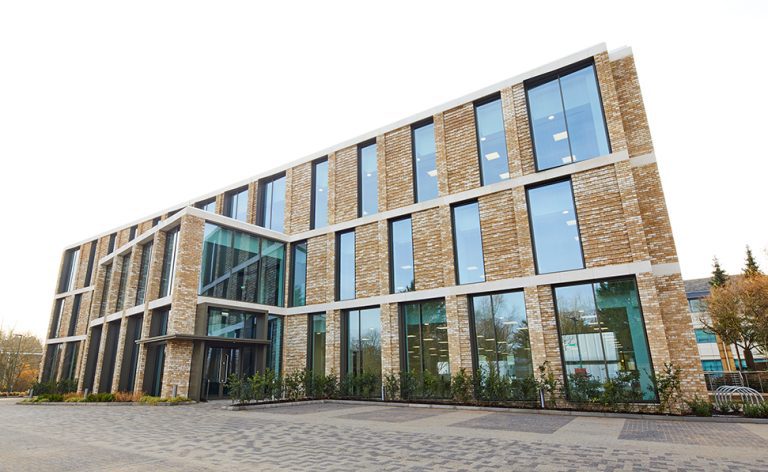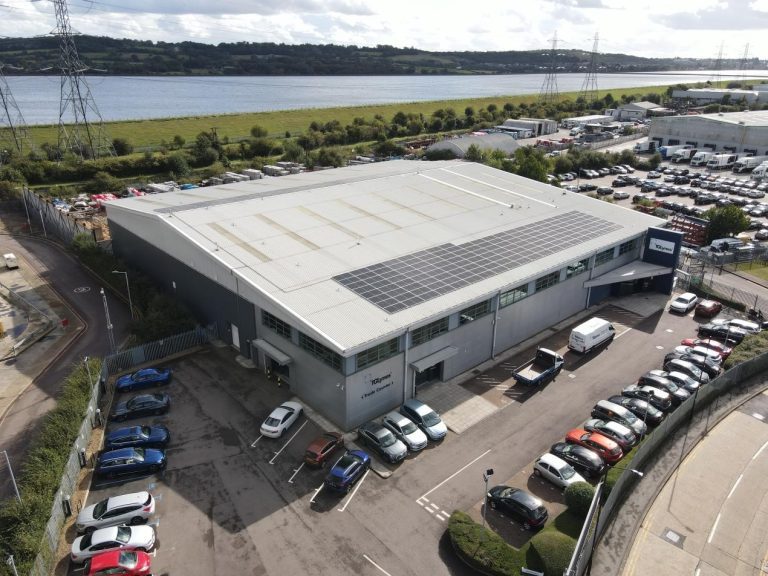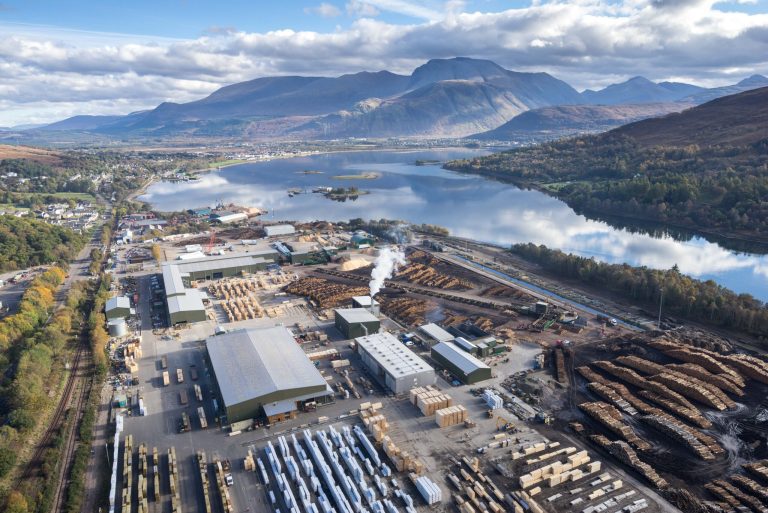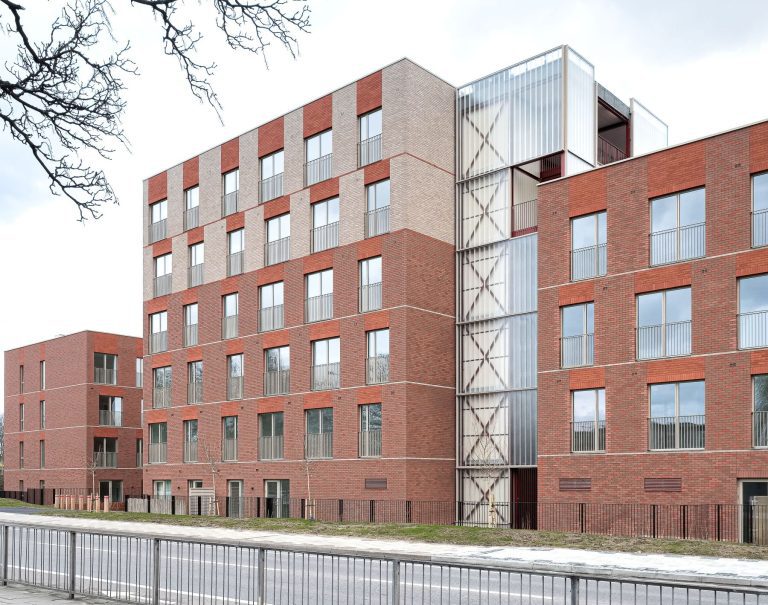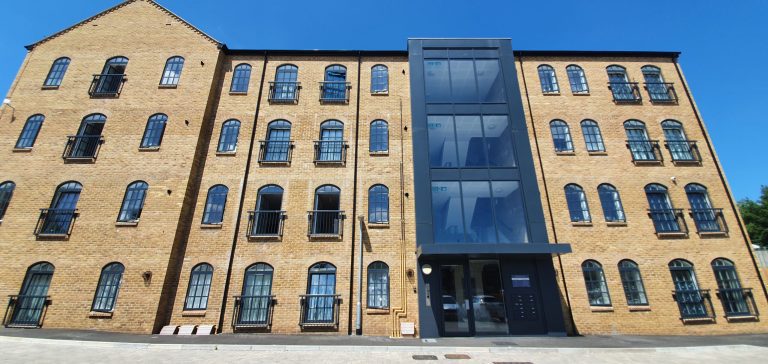The COP-26 summit in Glasgow has led the world to think more deeply and more urgently about climate change, and how we must all live and work more sustainably to combat it. Clark-Drain is no exception – and we are stepping up to the mark, as we have done in the past. We are proud to announce that we signed up to the Government’s Climate Change Agreement (CCA) scheme back in 2018, which commits us to environmental targets over time. It was an important step forward, and complements the many other measures we have already taken, and continue to take, to reduce resource consumption, pollution, and climate change impacts. From the market’s first fully recycled and recyclable channels and chambers, to efficient drainage that increases hydraulic performance using less material, to lightweight designs that use less fuel to transport and install, Clark-Drain has always put sustainability high on its agenda. And with our CCA commitment, our long-established, family-run business is shifting its environmental conscience up a gear. So, what exactly does CCA deliver, how, and what are the benefits? Measure, report, hit the mark – consistently Primarily, CCA is about reducing our energy use and carbon emissions to agreed levels. Energy consumption is the cause of much of the world’s carbon emissions, and carbon itself makes up 80% of the greenhouse gases that accelerate climate change, so cutting down on both energy use and carbon emissions is a no-brainer. As part of our commitment to CCA, we must measure and report our energy consumption and emissions over periods of two years, until the end of March 2025, and must hit the agreed targets throughout that time. The measuring and reporting are rigorous, comprising both absolute and relative measures of energy consumption and carbon emitted. The targets, which are defined by the Government based on the industry sector we operate in, are calculated relative to a past “base year”, and are both absolute and – necessarily – challenging. In short, with the CCA scheme we are doing in environmental terms what we have always done elsewhere in our business: championing transparency, learning lessons, aiming high, and delivering a better outcome. But what’s in it for us – and our customers? CCA: making environmental and economic sense Like all the best environmental initiatives, CCA incorporates sensible financial incentives to help offset the costs to the business of managing the scheme, and potentially deliver some residual economic benefit, both of which ultimately drive uptake. By hitting the CCA targets, businesses like Clark-Drain benefit from significant reductions in the Climate Change Levy (CCL) that we currently pay as part of our electricity and fuel bills. Ultimately, we are free to deploy any surplus however we think it will benefit our customers most – in new product development, operational and customer service investment, price or quantity incentives, and so on. It’s the proverbial win-win situation, three ways: we reduce our impact on the environment, we lower our costs, and we free up funds to better serve our customers. Transparency and credibility: going public One thing that COP-26 has taught us all is that lip-service just doesn’t cut it anymore. Environmental commitments must be visible, and they must have teeth. The CCA scheme addresses this not only through its extremely specific targets, conditions, and measurement, as described above (a much fuller explanation of which is given in the various technical documents here), but also in the fact that it maintains a completely public register of businesses that continue to meet the targets and be eligible for the CCL discount. This register (called the Reduced Rate Certificates spreadsheet) is available to download here, and makes successful CCA commitment a matter of public record. Our customers can therefore be sure they are dealing with a business that has not only signed up to the CCA scheme, but is actually delivering on it. Critical changes, manageable progress As the great and the good head off from Glasgow, leaving a legacy of urgent environmental action in their wake, the ball is very much in our court – the millions of expert, specialist businesses that, across the globe, sell the things the world can’t do without, but at an environmental price it soon won’t be able to afford. Our commitment to the CCA scheme is one more demonstration of our determination to deliver products and to work in ways that are more sustainable, bit by bit, day by day. At Clark-Drain, we’re proud that what we produce is, as we always say, “grounded in expertise”- but now, more than ever, we want to make sure that how it is produced is grounded in environmental good sense.




